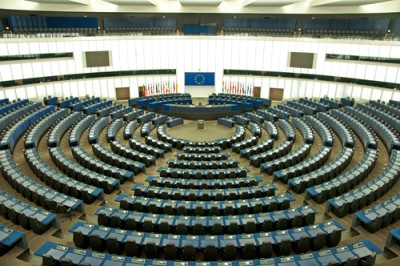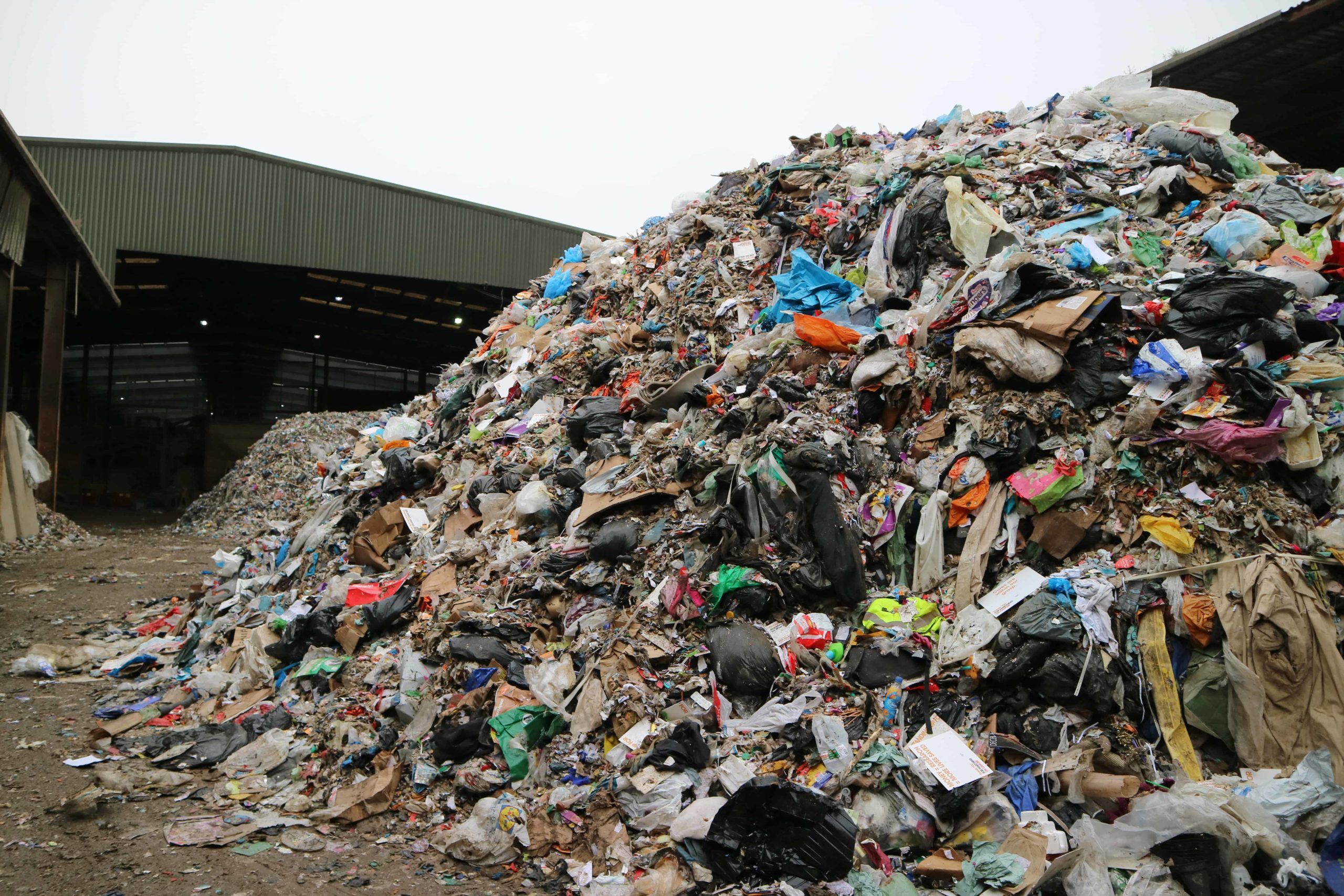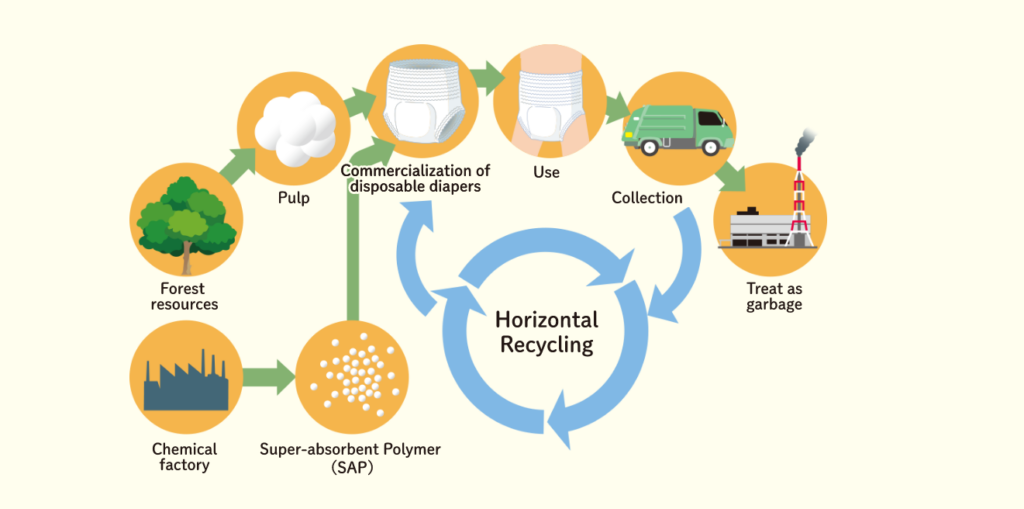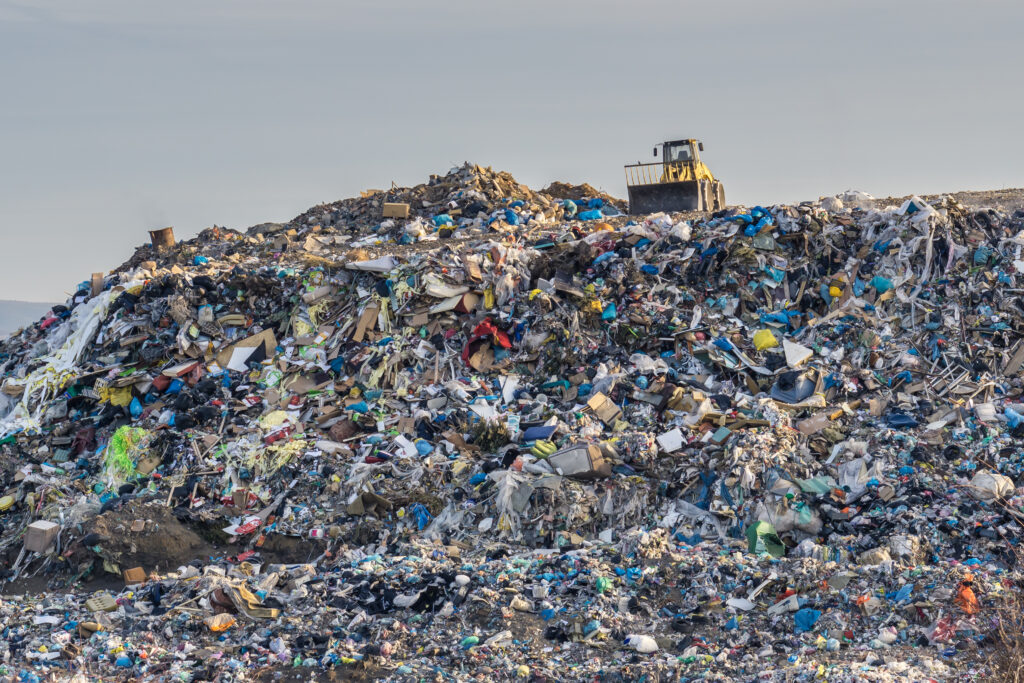At a plenary session on 9 February, MEPs said the European Commission’s Circular Economy Action Plan (CEAP) should include binding targets for materials use and consumption, covering the whole lifecycle of each product placed on the EU market, by no later than 2030.

They also called on the Commission to propose product-specific and/or sector-specific binding targets for recycled content.
In a statement published on 10 February, the European Parliament said: “Parliament urges the Commission to put forward new legislation in 2021, broadening the scope of the Ecodesign Directive to include non-energy-related products.
“This should set product-specific standards, so that products placed on the EU market perform well, are durable, reusable, can be easily repaired, are not toxic, can be upgraded and recycled, contain recycled content, and are resource- and energy-efficient.
Circular Economy Action Plan
In March 2020, the Commission adopted a new “Circular Economy Action Plan for a Cleaner and More Competitive Europe”.
Though it contains few hard legislative proposals at this stage, the Commission’s plan outlines future measures the EU executive will take to cut waste and save resources.
The proposals put forward by the European Parliament arose from a debate held by its Environment Committee in October 2020. The Committee adopted a report on the proposals on 27 January 2021.
MEPs voted 574 in favour and 22 against with 95 abstentions to back the Committee’s action plan at the plenary session on 9 February.
Concerns
FEAD, the trade association which represents the private waste management industry across Europe, welcomed the European Parliament’s resolution.

However, it said it remained concerned about the establishment of targets to cap the generation of residual waste. It said these were not needed if recycling targets were in place and were not feasible in practice since residual waste has “no legal definition”.
It also said the EU’s aim of “minimising incineration” was going in the “wrong direction”. The trade association said energy recovery from waste was a necessary treatment for non-recyclable waste.
And, it said ‘selective collection’ should not be harmonised at EU level.
In a statement published yesterday (10 February), Peter Kurth, FEAD’s president, said: “The waste management sector is a key contributor to the decarbonisation of the EU economy. The demand for recyclates must be significantly increased. Public support for investment in separate collection, and in capacities for recovering non-recyclable waste must be given, alongside other strong measures in line with the waste hierarchy.
“To fully achieve the goals of the new CEAP, robust implementation and enforcement of these measures is required.”
UK
With the UK having fully left the EU at the beginning of this year any measures adopted by the European Parliament have less bearing on domestic policy.
However, the UK set out its approach to transposing the EU circular economy package into domestic law in July 2020 (see letsrecycle.com story).
Predominantly the same as its European equivalent, the UK’s own circular economy package includes targets such as sending no more than 10% municipal waste to landfill by 2035.










Subscribe for free